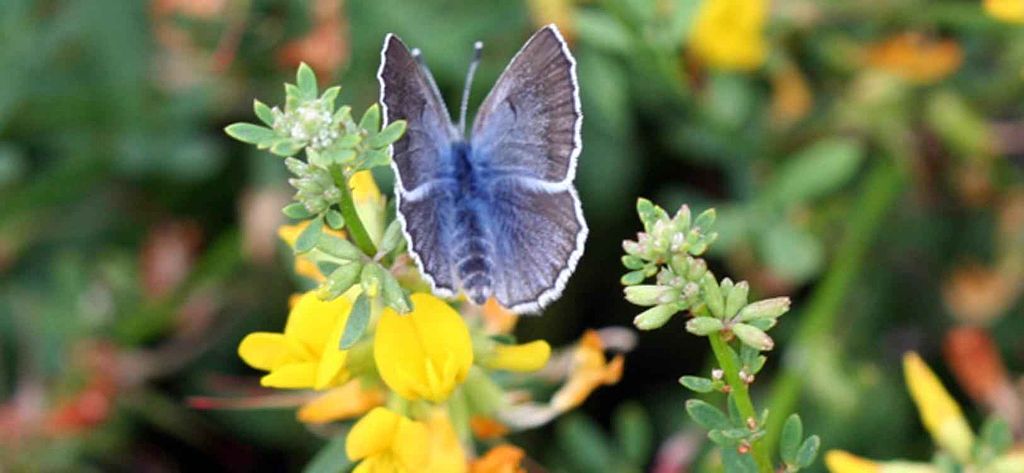Government Grants
Business Grants
Home Owner Programs
Federal Programs
About Us
Wildlife Without Borders - Africa Program
Central Africa is a globally important region for forest and biodiversity conservation.
The U. S. Fish and Wildlife Service (USFWS) works closely with national governments, U. S. agencies, and a range of other partners to ensure a strategic, results-based approach to wildlife conservation in the region.
In collaboration with U. S. Agency for International Development���s (USAID) Central Africa Regional Program for the Environment (CARPE), USFWS is providing this funding opportunity to reduce threats to key wildlife populations, and to develop the requisite individual and institutional conservation capacity to undertake long-term conservation programs.
Please see A Results-Based Vision for Conservation in Central Africa on the USFWS website for greater detail on our approach to wildlife conservation in Central Africa.
Funding will only be considered for projects that impact wildlife populations in the following countries:
Burundi, Cameroon, Chad, Central African Republic, Democratic Republic of the Congo, Equatorial Guinea, Gabon, Republic of Congo, Rwanda, and S��o Tom�� and Pr��ncipe.
Please review each USFWS funding priority below for specific details, including what USFWS wants to achieve through its funding support (i.e., Desired Results).
Each funding priority also identifies factors that, in USFWS experience, are basic requirements (also known as prerequisites or enabling conditions) for projects to effectively implement proposed activities.
Applicants should address these factors in the Statement of Need.
USFWS supports wildlife conservation projects in Central Africa through multiple mechanisms:
the Wildlife Without Borders Africa (WWB-Africa) Program, and the funds created by Congressional acts for the conservation of African elephants, great apes and marine turtles.
In general, applicants are encouraged to submit a proposal to WWB-Africa if their project falls under one of the six funding priorities listed below.
In order to maximize funding opportunities, USFWS staff may move proposals between the WWB-Africa Program and the Species Funds.
The U. S. Fish and Wildlife Service (USFWS) works closely with national governments, U. S. agencies, and a range of other partners to ensure a strategic, results-based approach to wildlife conservation in the region.
In collaboration with U. S. Agency for International Development���s (USAID) Central Africa Regional Program for the Environment (CARPE), USFWS is providing this funding opportunity to reduce threats to key wildlife populations, and to develop the requisite individual and institutional conservation capacity to undertake long-term conservation programs.
Please see A Results-Based Vision for Conservation in Central Africa on the USFWS website for greater detail on our approach to wildlife conservation in Central Africa.
Funding will only be considered for projects that impact wildlife populations in the following countries:
Burundi, Cameroon, Chad, Central African Republic, Democratic Republic of the Congo, Equatorial Guinea, Gabon, Republic of Congo, Rwanda, and S��o Tom�� and Pr��ncipe.
Please review each USFWS funding priority below for specific details, including what USFWS wants to achieve through its funding support (i.e., Desired Results).
Each funding priority also identifies factors that, in USFWS experience, are basic requirements (also known as prerequisites or enabling conditions) for projects to effectively implement proposed activities.
Applicants should address these factors in the Statement of Need.
USFWS supports wildlife conservation projects in Central Africa through multiple mechanisms:
the Wildlife Without Borders Africa (WWB-Africa) Program, and the funds created by Congressional acts for the conservation of African elephants, great apes and marine turtles.
In general, applicants are encouraged to submit a proposal to WWB-Africa if their project falls under one of the six funding priorities listed below.
In order to maximize funding opportunities, USFWS staff may move proposals between the WWB-Africa Program and the Species Funds.
Obtain Full Opportunity Text:
Not Available
Additional Information of Eligibility:
This award will be a continuation of funds intended only for grantees previously awarded under Paul Coverdell National Acute Stroke Prevention Program, CDC-RFP-DP15-1514.
Full Opportunity Web Address:
Contact:
Centers for Disease Control and Prevention (CDC)Procurement and Grants Office (PGO)Phone: 770-488-2700
Agency Email Description:
pgotim@cdc.gov
Agency Email:
pgotim@cdc.gov
Date Posted:
2015-10-01
Application Due Date:
2016-01-15
Archive Date:
2016-02-15
Social Entrepreneurship
Spotlight
Exeter Sees Growth in Social Enterprise Sector

A partner at The Fruit Tree for Business LLP and co-founder of ESSENCE, Lorna Turner, discusses why Social Enterprise Day is a good time to celebrate Exeter’s thriving social enterprise scene.

